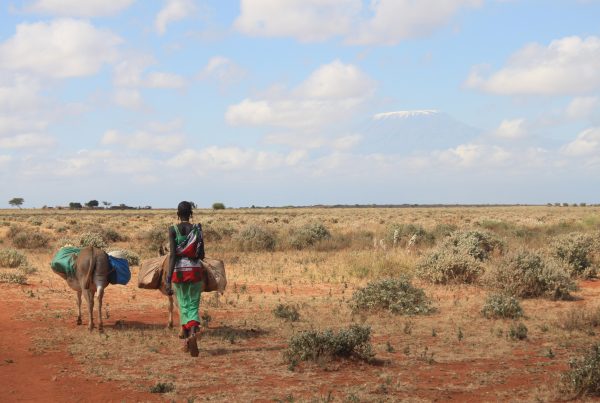Recording of the IUAES 2021 Annual Conference Roundtable called Not Quite the End of Nomadism, organised and chaired by Anthony Howarth.
Blog written by Anthony Howarth.
Anthony Howarth is a Research Fellow at the Institute of Population Ageing, a Research Affiliate at the Institute of Social and Cultural Anthropology, and a Research Associate at University College at the University of Oxford.
I have a long-term interest in groups with a tradition of mobility and the broader socio-political conditions in which they live, or what are commonly termed ‘nomads’. However, after reading Caroline Humphrey and David Sneath’s The End of Nomadism as a master’s student, I realised that the nomad/nomadism categories were hugely problematic.
After conducting ethnographic research with mobile trader-pastoralists in the Far West Nepali Himalayas, it became apparent that, although they referred to themselves as Khyampa (wanderer), they did not use the word nomad. From my library research on mobile peoples more broadly, for scholars of Asian (and perhaps African) mobile peoples, the nomad category ceased to be analytically useful (if it ever was). It was a very different case in Europe, however, where groups falling under the broad ethnonyms, Travellers, Gypsies, and Roma had started to employ the words nomad and nomadism in various ways, including as a self-designation.
Due to this situation, I began working on an article exploring whether the nomad category’s socio-political life meant that, despite critiques to the contrary, the category continued to be useful, and if so whether it was appropriate to abandon it. After delivering a keynote address at Cambridge based on this topic area, I decided to convene and chair a roundtable at the IUAES annual conference (2021). The aim was to bring a range of scholars, with different regional and group specialisms pertaining to mobile groups, together to debate whether the nomad category remained worthy of academic consideration. The conference organisers welcomed the idea and I began recruiting participants. As a result, the roundtable, entitled Not Quite the End of Nomadism, became a plenary event and consisted of contributions from David Sneath, Thomas Barfield, Dawn Chatty, Ariell Ahearn, Freya Hope, Cory Rodgers, Greta Semplici, Jakko Heiskanan and Marco Solimene, as well as from an audience of noteworthy scholars.
Employing comparison to explore the nomadic category’s social life in different geo-political contexts, the panellists responded to the following questions: Is the nomad category analytically tenable? If so/not, how? Do the ways the nomad category is popularly imagined, politically deployed, and historically documented, make it an empirical/ethnographic object worthy of analysis? If, as some scholars suggest, nomadism is a category imagined by outsiders, is its academic usage appropriate? Due to their widespread sedentarisation, is it useful to categorise once mobile people as nomads? Are there cases of mobile people describing themselves as nomads, and what circumstances led to this? Is there such a thing as a ‘nomadic mind-set’ and, if so, what might this entail? What commonalities exist between different groups categorised as nomads? Through examining these questions, the roundtable’s aim was to tease out nuance by engaging with scholars who had either completely abandoned the nomad category or employed it as a key concept, to explore whether, and in what ways, it remained analytically tenable and to shed light on why such a contested category endured. Although there were diverse perspectives, the event was convivial and, judging by the audience’s response, appeared to be well received. Following the debate, as a tentative conclusion I suggested that, despite important critiques calling for its abandonment, the nomad category’s socio-political life, and the fact that it is employed as a term of self-designation, meant that it continued to be analytically tenable.
The roundtable was held online in March 2021 in the midst of the COVID-19 pandemic and is, to a major extent, an artefact of that uncanny and often disconcerting time when some of the social distancing measures were still in place, and many of us were feeling the effects of social isolation. The event, therefore, not only represented an opportunity for scholars to examine the viability and endurance of the nomad category, but also to engage in academic debate during a period when many of us were deprived of participation with our peers.
You can also read the full article ‘Not Quite the End of Nomadism: Travellers, Gypsies and Roma in Contemporary Europe’ @ Nomadic Peoples. 2022, Vol. 26 Issue 2, p243-267. Available at either of the following:
https://www.whpress.co.uk/publications/journals/nomadic-peoples/
https://www.liverpooluniversitypress.co.uk/doi/epdf/10.3197/np.2022.260205
References
- https://www.whpress.co.uk/publications/journals/nomadic-peoples/
- https://www.liverpooluniversitypress.co.uk/doi/epdf/10.3197/np.2022.260205


